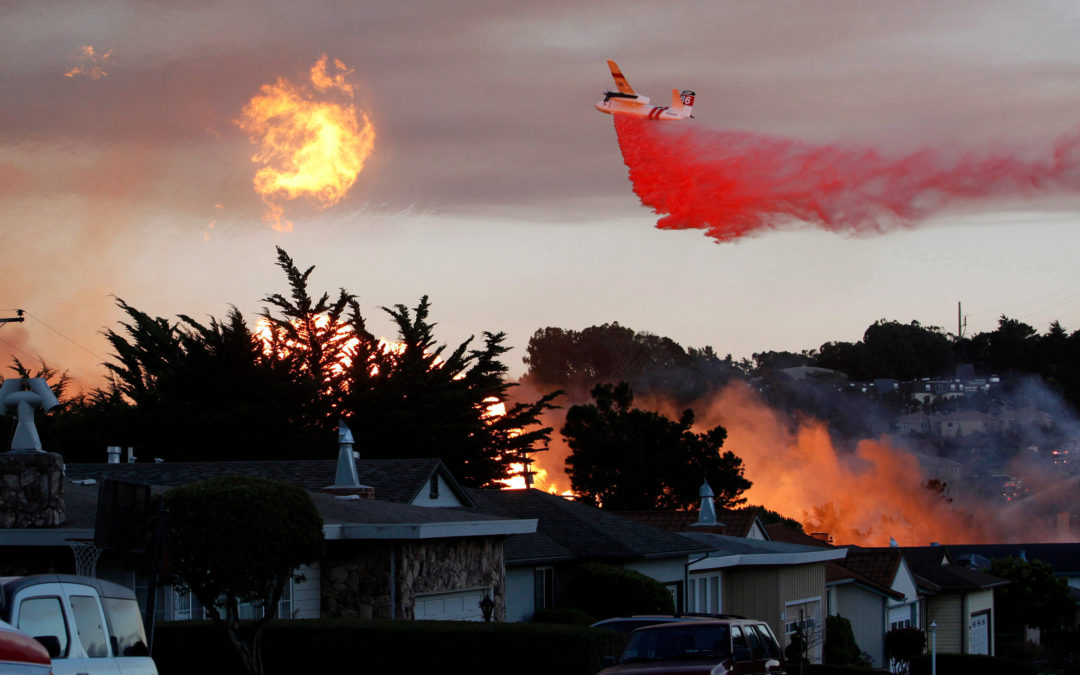SOURCE: Rolling Stone
DATE: February 20, 2019
SNIP: At 10:40 a.m. on Monday, January 21st, a pipeline carrying natural gas ruptured in rural Noble County, in southeastern Ohio, producing a fireball that surged 120 feet into the air and engulfed the Noll family home, with 12-year-old son Nash inside. The boy’s grandfather rushed into the inferno and rescued him.
It was the second time in three years that an explosion carrying a furious wave of burning methane gas had erupted into the lives — and bedrooms and living rooms — of residents living along this 76-year-old pipeline system. The 9,029-mile Texas Eastern Transmission Pipeline, which runs from the Gulf Coast to the Philadelphia and New York City metro areas and is operated by Canadian energy giant Enbridge, also exploded in April 2016 in Salem Township, Pennsylvania, about 30 miles east of Pittsburgh. That incident produced a crater 50 feet long by 12 feet deep and generated a fireball — videotaped by morning commuters — that obliterated a home, melted a road and sent a 26-year-old man to the hospital with third-degree burns over 75 percent of his body.
The scenic belt of farms and snaking rivers in the area where Ohio, West Virginia and Pennsylvania meet is the epicenter for an incredible energy rush that some industry insiders have termed the “Appalachian Miracle.” Two gas-rich shale layers — the Marcellus and the Utica —are being harvested via the thunderous techniques of fracking. Together they are generating nearly one-third of America’s natural gas production.
Residents of this gas-rich tri-state area are regularly astonished by the pure hustle of the boom — the trucks, the drilling rigs, the busy installation of new pipelines. Yet along with all of that has come a barrage of carcinogenic emissions, toxic waste and explosions of fracking well pads and pipelines, leaving many residents scared, outraged and with the nagging feeling that regulators cannot keep pace with industry. Indeed, in late January the Pittsburgh Post-Gazette reported the front-page news that Pennsylvania Attorney General Josh Shapiro is pursuing criminal investigations of “environmental crimes” by frackers in the southwestern part of the state. People across this region are living, says Leatra Harper, founder of the Ohio-based watchdog group FreshWater Accountability Project, “in a fracking sacrifice zone.”
These types of gas plants remove water and other impurities from “gathering pipelines,” which loop in natural gas from frack pads scattered about the surrounding countryside. The plants also emit an array of toxic chemicals, including known human carcinogens. The processing plant installed a pipe that drains directly onto the Rockenhausers’ farmland and regularly spews strange gray water into their cow pond. But the fear of pipelines exploding when, for example, her five-year-old son is out in the garden gathering herbs, is what worries Micki most. “They put the pipelines in so quick and dirty,” she says. “Who am I to know how these things are engineered? I saw the one that exploded in Beaver, it just seems like with all these regulation cuts, it is great for the companies.”

